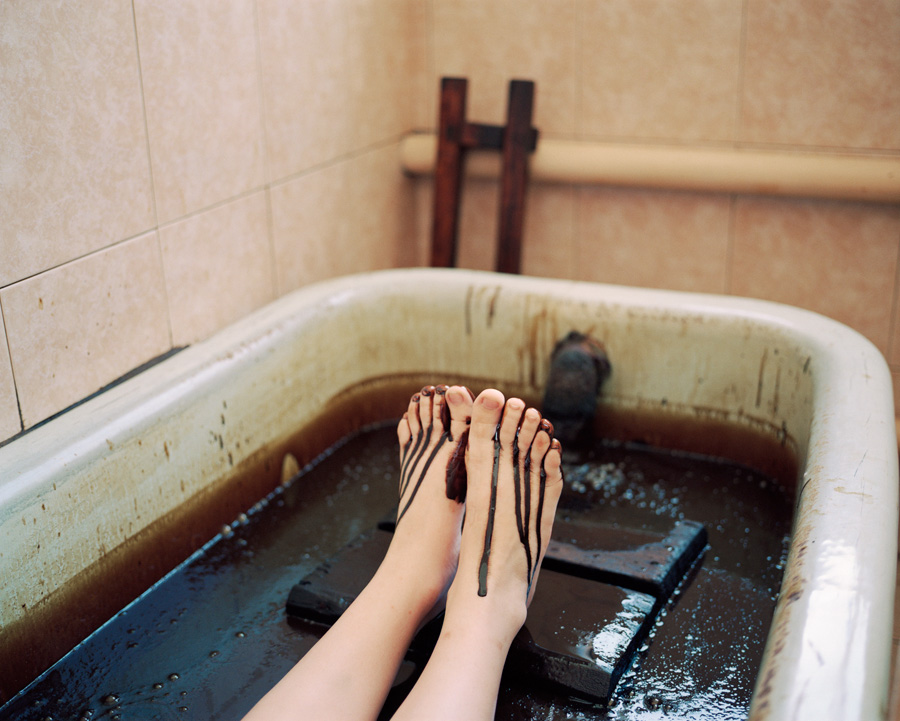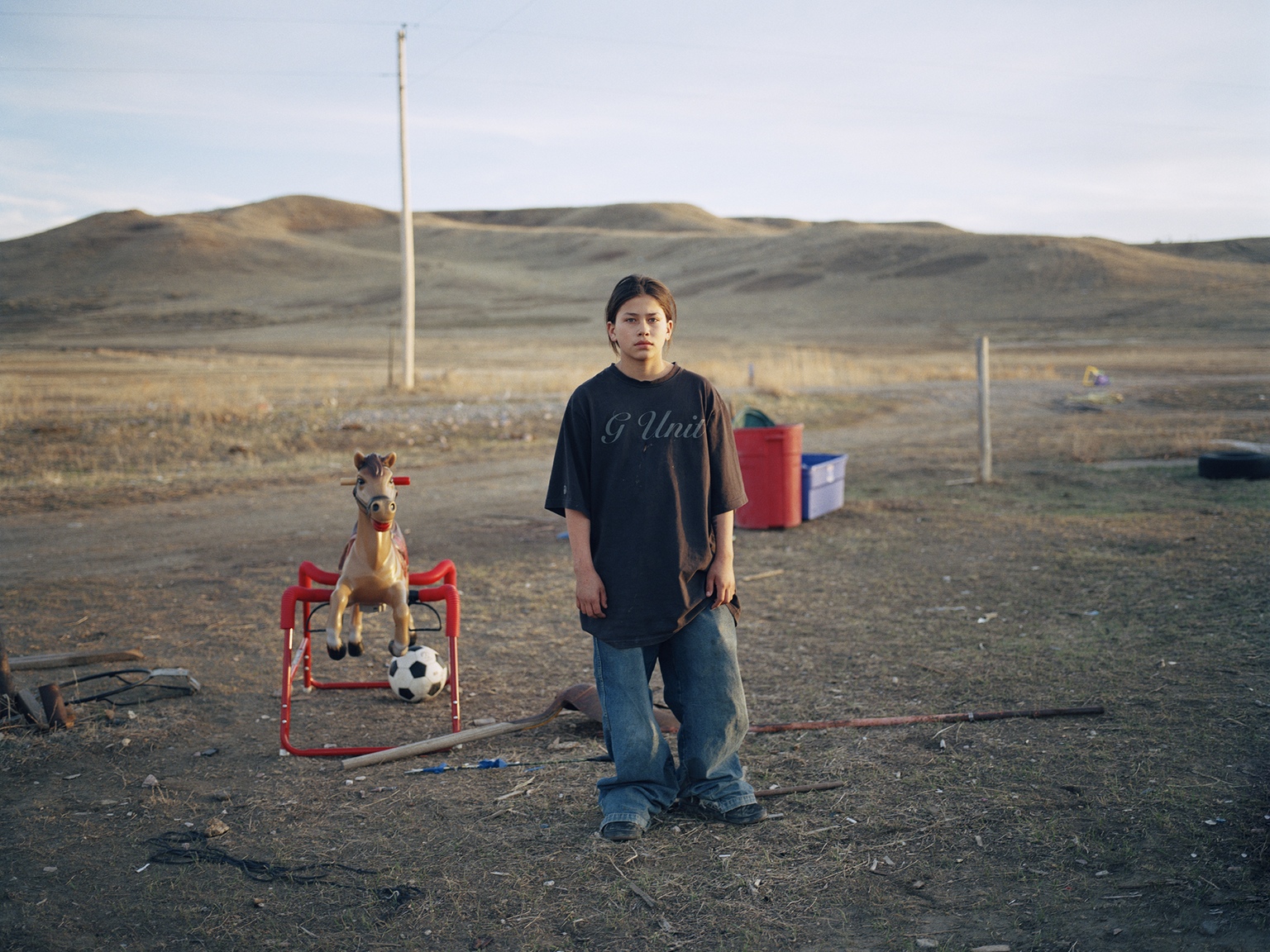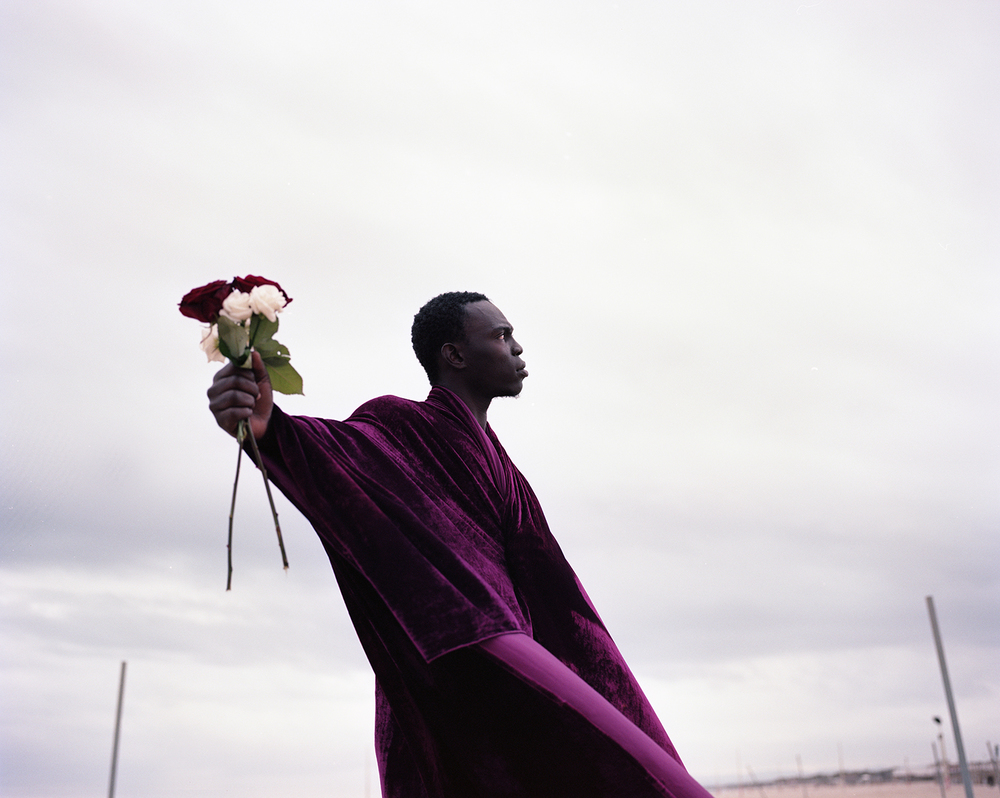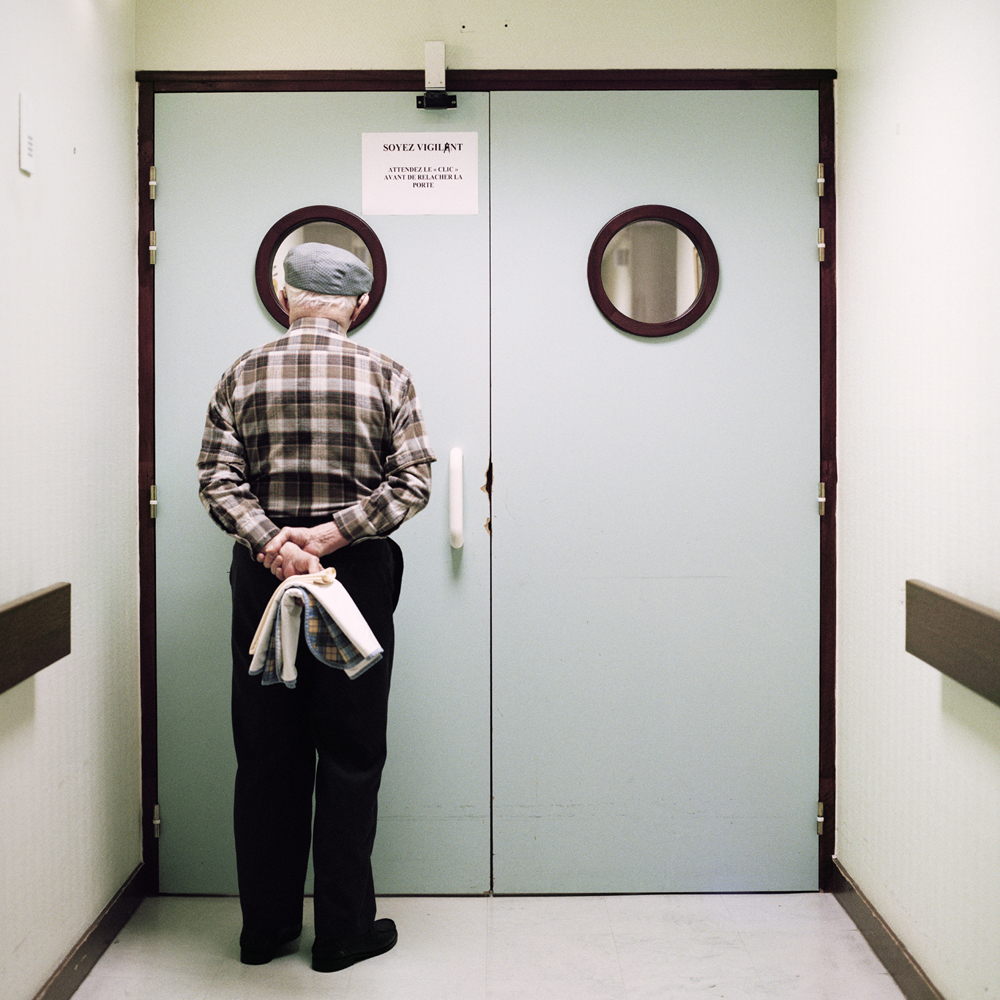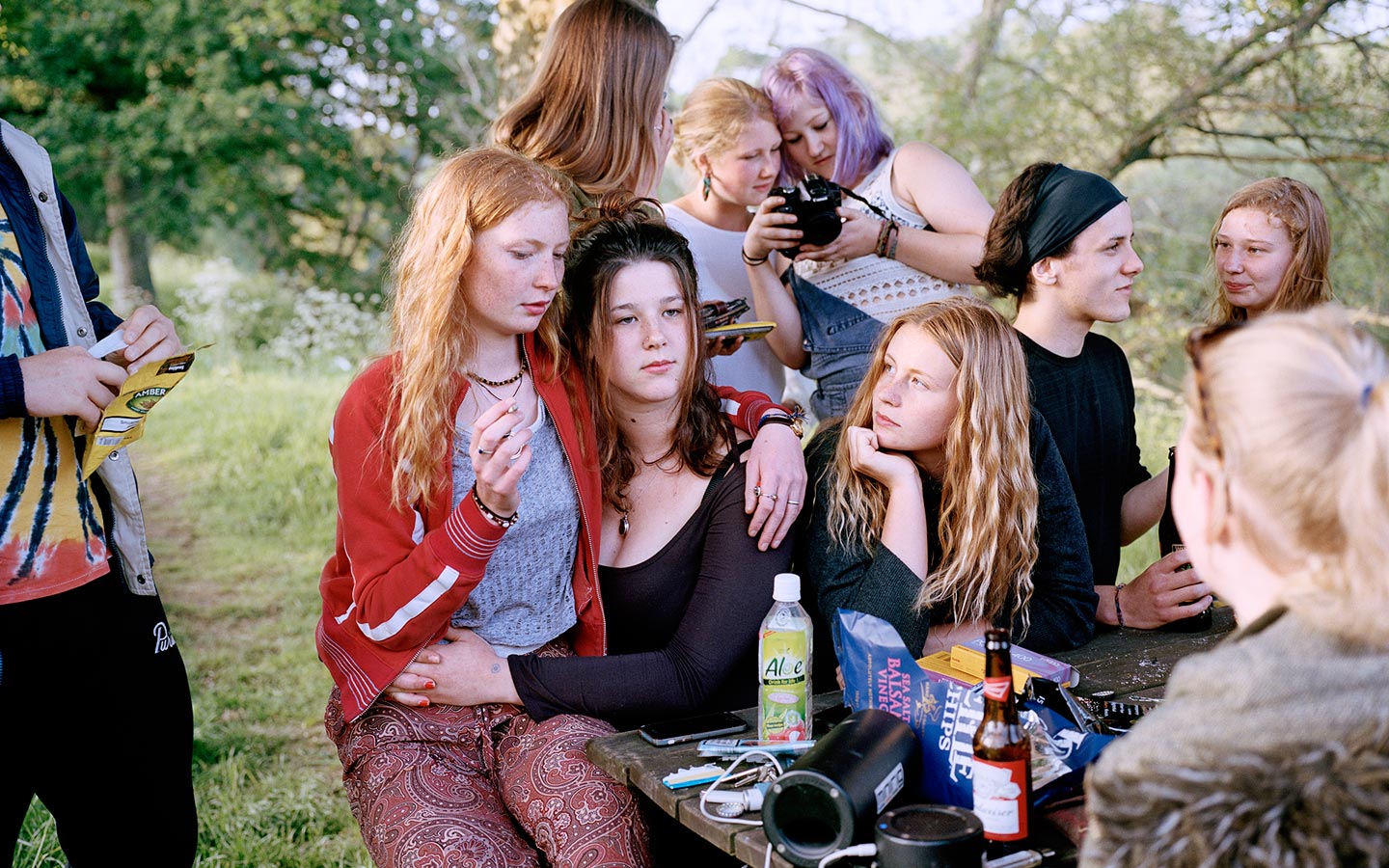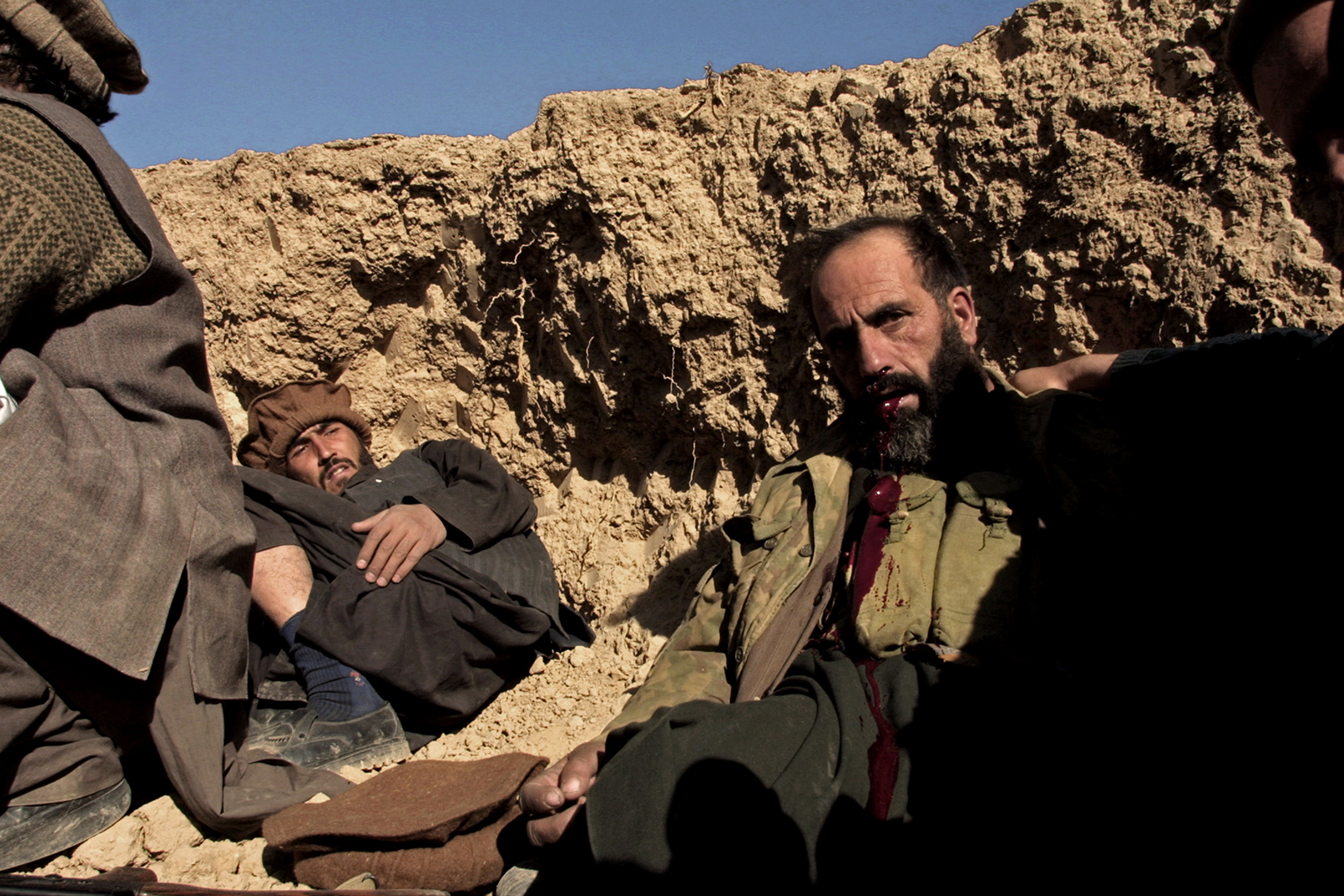Top Tips From Small Voice Podcast Guests
I was recently asked by Dr. Paul Lowe (episodes 71 & 73 of the podcast) to do a teaching session with his graduating MA Photojournalism & Documentary Photography students based on the most crucial lessons and advice I’ve gleaned from talking to 100+ top notch photographers on the podcast. This immediately struck me as an interesting exercise and potentially of huge value to them. But how to do it? I do often pose a question along the lines of “what’s the one piece of advice you would pass on?”, but who the hell did I ask? There was no way I could listen back over every interview, so the only logical course of action was to email everybody and ask them all that question once and for all. So that’s what I did and here is the advice that came back from the lovely people who took the time and trouble to respond, some in writing and some with a voice memo. I hope you find it as useful and/or inspiring as I did. Incidentally, it was touching and instructive to me to note a lot of consensus around two things: 1. Do work that matters to you. And 2. Be kind. So there are your takeaways.
Antonio Olmos (Ep. 4)
“1. Be Good at Portraits. It is the one aspect of editorial photography that is still commissioned widely. The days when photographers were sent all over the world to cover news are gone. But Portraits are still being commissioned on a regular basis. No matter what kind of photography you want to practice ,being good at portraits will make it easier to make a living.
2. Manage and protect your archive. One thing I have learned is that you don’t know which of your photographs will be valuable in the future. About a quarter of my income is from reselling photographs from my archive. And every year this source of income is growing. So that means captioning and key wording your photographs after every shoot. Backing things up regularly without fail. Making sure your photographs are on some picture library and that your own archive is google searchable so that people can find those photographs you have. Portraits of not so famous people can become extremely valuable in the future. I have a friend who did a wonderful portrait of a Harvard student who was elected as Law School President. As with all jobs he took the commission seriously and 2 decades later the student was elected President of the United States, Barack Obama. He has made over $50,000 dollars just from licensing this one photo. I have another friend who started photographing the local bands in his small town in Washington state as a project. One of those bands Nirvana became super famous and when Kurt Cobain died, his photographs made him almost half a million dollars, because he was almost the only one who had photos of Nirvana and Cobain when they started. So my message is your archive is your pension. Take care of it and it will take care of you.”
Matt Stuart (Ep. 17)
“Don’t be late. With anything. Replying to emails, sending invoices, meetings, shoots, delivery of photographs, taking the picture. Anything. If you leave a reply over two hours, some clients will try someone else. Things move too quickly for tardiness.”
Adam Hinton (Ep.9)
“I would say that one of the key concerns for photojournalists these days is the potential to end up being a tool in the machinery of fake news narratives. The mainstream media has always played an important role in laying down the idealogical groundwork to ensure general compliance with western goals especially in foreign policy. In our current climate this has been taken to new levels and imagery plays a vital role in the manipulation of events to fit these state narratives.”
“Even though it wasn’t something that was available when I first started out, I certainly wish I’d got involved in social media a few years earlier. Photographers of my age can sometimes be a little disparaging about the whole concept, but Instagram, for me, turned out to be a brilliant way of getting my work out there and sharing it with the world at large. I’m so glad that I finally saw the light, but I just wish I’d done it a lot sooner!
Another thing I wish I had done sooner was to switch formats. When I started out I was in awe of the likes of Richard Avedon, Irving Penn and Diane Arbus and all of them used medium format and studio cameras so that was the way I aspired to work. I bought myself a Rolleiflex TTL rangefinder and worked with cameras such as a Linhof Technika and the quality I achieved was fantastic but it slowed me down. It wasn’t until I joined the Independent Photographers Group (IPG) and mixed with the likes of Zed Nelson that I was introduced to the Leica and fully realised just how much freedom it gave you. I look back and think about a session I had with Quentin Tarantino, where I spent several hours with him and shot just a couple of rolls of film. I wonder now what I could have achieved on 35mm: perhaps not quite so beautifully shot but possibly more interesting.
I do have other things that I would love to have told myself about: when I first came to London I was quite skint and a little parsimonious, so to save perhaps £30-40 I would go on shoots without an assistant and undertake everything myself. Inevitably this meant that I would be fiddling with my camera when I could have been building a relationship with my sitter, and the fact is that famous people do make assumptions about you and I might have been given more time with them had I had an entourage. The ridiculous thing is that I could have charged the client for an assistant as a legitimate expense but for some reason didn’t do it.
The final point I would have made to my younger self would be to know your worth. It was difficult because I was so happy to be making a living out of what I loved doing that I didn’t realise the value of my work. Eventually some of those I worked alongside at IPG pointed out to me that I owned the copyright to my pictures and, by syndicating them through Katz Pictures, I could earn money.
I also recall that I was asked by Warner Brothers to set a fee for a picture of Seal that had never been published that they wanted to use. He’s one of the best-selling artistes of all time and Warner Brothers are enormous but I think in the end I settled for just £75. This was back in the 80s and, at the time, I just couldn’t believe that anyone would pay decent money for my pictures, but I soon wised up after that!”
Chloe Dewe Mathews (Ep. 20)
“My tip would be JUST DO IT! Don't spend weeks and months chatting about what work you plan to do, considering if it's a good enough idea, because it is in making that the work evolves. It will never be as you first envisaged it anyway - and that's a good thing!”
Mark Neville (Ep. 44)
“One great image is worth more than five thousand good ones. Take your time. Secondly: Think about the audience first. Who is the work for? Then make your project. Thirdly: Don’t listen to advice from old farts like me.”
Edward Thompson (Ep. 27)
“Most students are working at about 60% - they could get up earlier, shoot more, read more, do more, hustle more. I fell into the trap post-grad of laying in now and again till a guy I knew found out he had a lump in his leg. He died soon after, leaving a wife and newborn daughter. Every morning after that I was up early whether I had an assignment or not because he wasn't here anymore. You are already on the greatest adventure of your life, because it’s YOUR life. So live it. Like Henri Cartier-Bresson said, all you have to do is live and life will give you pictures.”
Sophie Ebrard (Ep. 24)
“To me, the key to making great work is not to make work just because you think people will like it or because you think it will be successful. Make work that is true to your own self, find your own voice, make work that speaks to you first. And then, if you feel something when you press the shutter, there is a good chance that people will feel it too when looking at the image.”
Daniel Castro Garcia (Ep. 39)
“Personally I think the most vital tip is that you need to stay true to yourself and to your vision. Don’t copy others and stay focussed on the projects that you want to make and try to find a balance between head and heart, potentially favouring the heart. People respond to warmth and empathy.
Also, I think it’s really important to be hard on yourself, particularly in the documentary realm. Often the work will be about people/ individuals other than yourself so the motivation should be to do them and their stories justice. Good morals and ethical standards must always be the aim so you have to push and push to make the work water tight.
All in all, KEEP IT REAL. It’s a marathon not a sprint!”
Daniel Regan (Ep. 30)
“It really makes me think of the Anthony Burrill screen print I have in my house with the slogan “WORK HARD & BE NICE TO PEOPLE”. A lot of my work has come from being nice, supporting others instead of competing against them. At university I thought of other students as my peers, not competitors. I prefer to share resources rather than hoard them because it means we all get more opportunities. Being laser focused on arts & health means I don’t mind working hard, because it’s something I love.”
Chris Floyd (Ep. 34)
“1. There is always one more thing you can do to improve your chances of a positive outcome. So find a moment to stop, when you’re in the situation, and ask yourself ‘what can I do here to make this better?’
2. Treat every experience and every shoot you do as an opportunity to make mistakes from which to learn something. Take the long view. When you end up with results that you are not happy with, think of it as another step on the road to the palace of wisdom. Only by making mistakes do we, in the long run, acquire wisdom and experience. Also, people who’ve never made mistakes are boring.
3. Photography is not necessarily an end in itself. In fact, most of the time it’s a tool by which to understand and learn from the people with which we use it to engage. Think of photography as your ever present teacher. Treat it with respect and it will return unto you infinitely.
4. F4 is a beautiful aperture.
5. According to Albert Einstein, the speed of light is the only constant in the entire universe. Your role as a photographer is to disrupt that.
6. When you have the opportunity to charge batteries, do it.
7. Think of photography as music. It has melody, harmony and rhythm. The way you light and compose your picture is the chord structure and your interaction with your subject is the melody.
8. Never leave the arm of a C-Stand at head height. I once saw someone lose an eye because of that. Look around your immediate working environment and ask yourself if you have made it as safe as possible.”
Peter Zelewski (Ep. 37)
“Whenever I am asked to give one piece of photography advice to aspiring photographers I always say make sure that you try your best to always make photographs that mean something to you, because in doing so, you will find they will almost always mean something to others. This may seem like obvious and clichéd advice but I feel that as soon as a photographer starts making unique, meaningful and personal work that reflects something they are genuinely interested in that is when their journey as a successful photographer truly begins.”
Kate Peters (Ep. 21)
“Don’t be in a rush to be an overnight success. There seems to be so much pressure for people to 'make it’ really quickly and in a way it may seem like everyone else is. Social media has warped our sense of what’s really going on for people and that has a tendency to make us feel anxious and rush to get things out there. Be in it for the long haul, you don’t want to burn out quickly and you also don’t want to release work before it’s ready to be seen.”
Maja Daniels (Ep. 13)
“My best advice would perhaps be for everyone to really get their head around the history of photography in relation to depicting the other (through post-colonial theory). Sounds a little boring but so important to understand how photography has been (and still is) actively used as an oppressive tool. And then, to try to think beyond this. Perhaps think about what a photograph does rather than what it represents. Also, I think photography is about desire. Let that desire lead you...”
Briony Campbell (Ep. 46)
“Chase every single opportunity as long as it does at least one of the following:
1. Enhances your portfolio
2. Builds your skills
3. Lines your pockets
4. Contributes to a valuable cause
5. Is fun!
And none of the following:
1. Compromises your ethics
2. Exploits you financially (that doesn't mean don't do work for free)
3. Exploits you personally.”
Ian Derry (Ep. 51)
“It goes without saying that you need to thoroughly understand what you're doing but in this day and age it can be tough out there. Have a goal and then plan how you're going to get there. There will be setbacks and times when you will want to give up. When you are at that point remember this: If the plan doesn't work, change the plan never the goal.”
Lydia Goldblatt (Ep. 19)
“My top tip would be to make sure that you continue to develop a group of like-minded people around you, ideally a handful of people who you feel understand your work and can engage with it both positively and critically. Every time you embark on a project, a portfolio update, even a commission, it’s so useful to have a support network of people like this around you, with whom you can, when needed, brainstorm, discuss work and show work. It’s also great when you’re going through those periodic and inevitable uncertain patches when you’re not sure where you’re headed.”
Max Pinckers (Ep. 31)
“What I essentially try to teach my students is to always remain critical towards the work you make. Be self-reflexive in your approach, question everything, and embrace doubt and uncertainty as part of your process. Do plenty of research, try to be informed, but aim for complete freedom in your artistic expression.”
Jenny Lewis (Ep. 64)
“If you photograph something you really believe in, you’re going to take much stronger pictures, so always try and have that going on. Even if it’s in the background to the work you get paid for. That way you don't lose sight of what it is you’re trying to do with image making. Try and remember to enjoy it too.”
Jocelyn Bain Hogg (Ep. 36)
“1. Get a good accountant!!!
2. It’s obvious but essential to be comfortable when shooting and my choice is to invest in RM Williams boots. Unisex, they double as ‘posh’ so can be worn as smart footwear when doing those delightful corporate jobs, but they work with any other clothing too, are great in harsh environments and city streets too, are incredibly comfortable, and last forever when looked after so you only need a replacement every 15-20 years.”
Sian Davey (Ep. 66)
“Well, boringly perhaps, is to work very hard because if you don't practice, your work doesn't develop and neither will your career. Voila.”
Ed Kashi (Ep.83)
“Your greatest work will come from within you. You must identify what you care about and pursue personal projects on what you care about. Regardless of whether you have to invest your own time and money at the beginning, this is about investing in yourself.”
Giles Duley (Ep. 63)
“Two things really: 1. Don’t make photographs because you think it’s what others want to see - shoot what you love, what you are passionate about, what you know. 2. Listen. It may be a strange thing to say to a photographer. But to really capture somebody's story, you must listen to it first. Too many photographers turn up and meet the person looking through the viewfinder, they already think they know what the image will be. For me thats wrong - i have to listen first, understand the story - then maybe I’ll find a way to tell it.”
Alixandra Fazzina (Ep. 89)
“My advice to my students studying documentary photography is always to be concerned with the content. Lots of people take beautiful pictures and we see thousands each day. When we see photographs on a wall or in print, what we really remember is the story.”
Muir Vidler (Ep. 59)
“Keep looking at lots of photography for inspiration, thinking what it is that you like in it and how do people do it. And ask yourself, not how can you copy it, but how can you appreciation of their talent and originality help in your search for your own.”
Chris Dorley-Brown (Ep. 97)
“Always turn in to the direction of the skid, like the old driving instructor advice. Which is to say, sometimes the way out of danger is to question your immediate instinct and don’t go for the obvious strategy. Or, follow your guts not your head. Also: Be silly. Be kind. Be weird.”
Ron Haviv (Ep. 86)
“It’s a pretty simple yet very complicated tip. One must think outside the box in their approach to any story. We have all been told everything has already been done and there is nothing new. But I don’t agree. We see today stories about human rights or with conflict themes that have been documented for generations being done in an ‘outside of the box way’. The thought behind the visual approach and execution of an established theme in a new way is the way to successful impact with the audience.”
Robin Maddock (Ep. 56)
“Looking back on my time I would say the most important thing I’ve learnt is that you should listen to all your tutors but decide carefully who’s advice to apply! I remember doing a masters at Westminster and showing new project that involved pasting stuff up on the street. I loved doing it. It felt vital and direct; fresh. This was 1998. One of the tutors said ‘it’s not good ,this kind of thing’ and bombarded me with examples of work he thought was good. The end result was I lost confidence in this way of working, which I shouldn’t have! I mean I could have been famous like Banksy or JR by now! The upshot is some tutors are just never going to get what you are trying to bring forth, and others will change your life in just one lecture! So Think carefully before you lose believe in your early ideas. Trust in those teachers who can help you bring out, not hinder, the ways that feel right to you. You will need their wisdom and experience to grow ideas into something of quality and maturity. But don’t let bad advice hold you back either. I regret not being experienced enough at the time to shake off what I can now see as a lack of vision on the tutors part.”
Donald Weber (Ep. 90)
“Think like an amateur, and make sorties into the terrain of the professional. Amateur means just that - doing something that you love. This needs to be front and centre over anything else. Discard the recognition the industry so badly needs you to conform to. Instead, carve out your own space in your own image. Let’s not confuse “amateur” with someone who is a dilettante, unprofessional. No, an amateur is someone who finds joy — love — in what they do. Perhaps the best way to condition yourself as an amateur is to look at its etymology. Amator is the Latin for lover. Don’t you want to do something that you love, that fulfills you, that provides meaning? To me, the world of possibility is open. I can drift across disciplines and collaborate with others; I can engage with institutions and challenge their power; the freedom to work outside the constricted norms provides sudden portals for a future I could never imagine. Do what you love. Others will want to participate, opportunities emerge.”
Stuart Freedman (Ep. 7)
“I think that there are several bits of advice. I think that people will only survive in this business with persistence bordering on bloody mindedness. I think that it’s important, especially for MA graduates, to be able to produce work that appeals to a wide audience and not just theoreticians. Hopefully that will be work that’s personally important because otherwise you’re wasting your time. Lastly, I’d suggest an income stream in an area of scarcity - technical lighting, taking pictures of dogs or being an expert on somewhere remote and interesting - and probably basing yourself there.”
Jillian Edelstein (Ep. 87)
“These are a few ‘tips’ that I learnt early on and they have always been present to remind me, to drive me on:
1. You’re only as good as your last good image - keep working, get ‘out there’, the more you work, the better your images get ( it’s the practice ‘ism) like any good creative - musicians, writers, artists, actors etc keep practising!
2. The first newspaper picture editor I worked for told me not to come back with excuses. He was a bit like a military commander in how he ‘trained’ me but that advice even though it was galling, banal was true.
3. Another photo editor, after many years of being a successful (to boot) freelancer told me when I struggled with a particular portrait shoot : “ Jeez Jillian talk about breaking the boundaries of portraiture “ ... his sarcasm- and the fact that it was painfully true - I had failed even in my own book - made me think about how to think more creatively and how to do it differently with every shoot long after I completed the actual job.
Also … 4. For your own projects you need ‘fire in the belly’- passion, long standing, endlessly driving passion to see it through . Nothing I have created - that has been worthwhile - has taken less than five years!”
Vanessa Winship (Ep. 3)
“1. Know who has gone before you. Be sure to understand you're not the first and that someone else has made the way for you easier. They may have said it a bit differently, but they will have said it never the less.
2. Learn quickly who you are right now....not easy and not sure I do so kinda telling you to do something almost impossible I guess!
3. Know and understand your limitations including understanding fear is a survival instinct. Never the less feel the fear and question what it's about.
4. Understand that photography and reality are two different things, you're making a representation.
5. Understand that there's a before and an after despite the fact your frame suggests otherwise.
6. Understand photography is intrinsically connected to death, it's always the past the second you press the button and yet paradoxically it's always about now.
7. Consider what you mean by ethics. If you go and work away from home understand cultural codes are different according to where you are, follow the best you can the codes of where you are, but understand they will look different once you're home sometimes.
8. Question your liberal sensibilities. Don't assume that all Trump voters are racists, they are not necessarily that at all they're just fed up of not being listened to.
9. The camera never lies, you do.
10. Remember photography is limited and find a way to extend its limitations.
11. Be willing to change your mind
12. Remember you're an animal that usually stands of two legs, crouch down and kneel sometimes lie on the floor and feel how that is looking up from ground level.
13. WALK quite a bit, but it won't make you live longer despite what they say.
14. Be kind.
15. Laugh at least once a day so your face doesn't crack.
16. Learn to dance since photographers rarely do
17. Enjoy the word lolly since you'll never have any but that's not the point of what you do anyway.
18. Go slow. stand still once in a while.
19. Send postcards to the oldest and the youngest person you know...they will love you for it.
20. A wonderful man in a shop where I live who I like to go talk to now and again said ‘you know, it's easy really, just be kind to people and it will all fall into place’.”
Christopher Anderson (Ep. 70)
“My advice is simple: Be Yourself.”
Me! (Ep. 100) - with credit to Derek Sivers
“If information or other people’s advice was the answer, we’d all be billionaires with perfect abs.”





